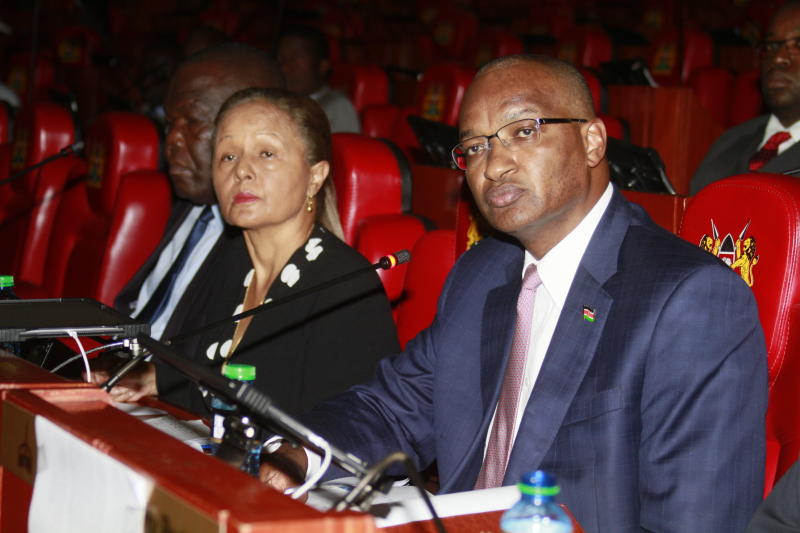×
The Standard e-Paper
Home To Bold Columnists

Kenya risks being locked out of the global payment system if it amends the rules on disclosure of cash transactions exceeding Sh1 million.
Central Bank of Kenya (CBK) Governor Dr Patrick Njoroge warned yesterday that the push by MPs to lift limits of daily cash transfers would attract a global backlash which would classify Kenya as a high risk country.